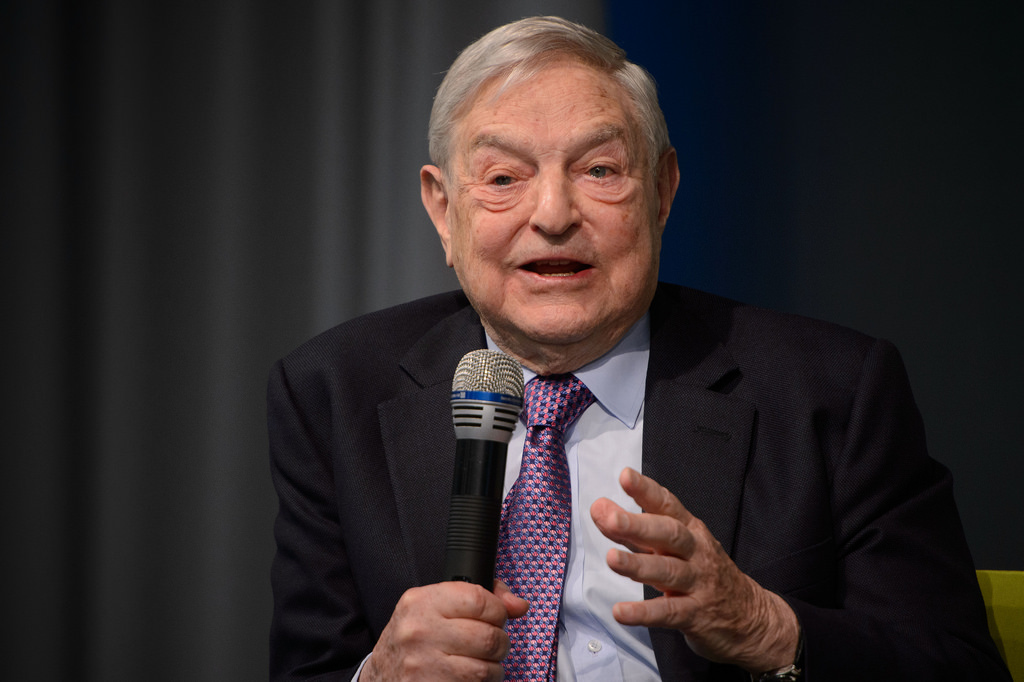Over a decade ago, the New York Post’s Ryan Sager published a blockbuster story, showing that “campaign finance reform has been an immense scam perpetrated…by a cadre of left-wing foundations and disguised as a “mass movement.” Based on the astonishing testimony of Sean Treglia, who ran the campaign finance reform effort for Pew Trusts, Sager reported that…
…Treglia came up with a three-pronged strategy: 1) pursue an expansive agenda through incremental reforms, 2) pay for a handful of “experts” all over the country with foundation money and 3) create fake business, minority and religious groups to pound the table for reform.
“The target audience for all this activity was 535 people in Washington,” Treglia says — 100 in the Senate, 435 in the House. “The idea was to create an impression that a mass movement was afoot — that everywhere they looked, in academic institutions, in the business community, in religious groups, in ethnic groups, everywhere, people were talking about reform.” …
From 1994 to 2004, almost $140 million was spent to lobby for changes to our country’s campaign-finance laws. … The vast majority of this money — $123 million, 88 percent of the total — came from just eight liberal foundations.
These foundations were: the Pew Charitable Trusts ($40.1 million), the Schumann Center for Media and Democracy ($17.6 million), the Carnegie Corporation of New York ($14.1 million), the Joyce Foundation ($13.5 million), George Soros’ Open Society Institute ($12.6 million), the Jerome Kohlberg Trust ($11.3 million), the Ford Foundation ($8.8 million) and the John D. and Catherine T. MacArthur Foundation ($5.2 million).
Perhaps most (or least?) surprisingly, Treglia said the good news for the Foundations was that “Journalists didn’t care. They didn’t know. They didn’t care … so no one followed up on the story.” Treglia said, “if any reporter wanted to know, they could have sat down and connected the dots. But they didn’t…”
As a result, we got the McCain-Feingold campaign finance legislation, which has only succeeded in, as opponents predicted, making politics less transparent and more expensive.
Unfortunately, after this story broke, the media continued to not know and not care. News reports overflow with stories about the Koch brothers or corporate donations, but the far more massive and highly political left wing Foundations operate almost entirely without scrutiny.
Consider this: in 2013, the left wing Center for Public Integrity reported that “Four foundations run by [the Koch brothers] hold a combined $310 million in assets…” By contrast, the Ford Foundation’s endowment is more than $12 billion — about 38x larger than the Koch Foundations.
On a list of the top 100 US Foundations (by asset size), the Ford Foundation is #2. The various Koch Foundations don’t make the list, nor do they make the list of top 100 Foundations by annual giving.
Yet, the news media and transparency groups constantly harp on the Koch’s massive organization and its “insidious,” “dark money” influence on American politics, while almost completely ignoring the far larger left-wing political Foundations.
In part, this is due to the perception in the media that money from conservative/libertarian/free market leaning organizations must be tainted, while funding from left-wing Foundations is free of such bias. It may also be due to the fact that the left wing Foundations fund many media organizations — I’m looking at you, NPR, PBS, Washington Post, LA Times and others — sometimes even funding them to cover “[other people’s] money in politics.”
But that doesn’t explain all of the media apathy. Even right-of-center media is generally uninterested in these behind-the-scenes details about the left-wing Foundation money machine.
Sager’s 2005 story was a revelation to me at the time and it has continued to inform my understanding of how the left-wing political machine operates, domestically and internationally, up to the highest levels. Indeed, President Obama himself was a part of this, spending 8 years funding gun control and anti-2nd amendment research and advocacy as a Director of the Joyce Foundation.
After the passage of McCain-Feingold, the people and Foundations behind campaign finance reform mostly moved on to other areas, particularly media and technology policy, and they have replicated this Foundation driven campaign strategy over and over again. Some have drifted back towards campaign finance reform in recent years — unsurprising, given the appeal of being able to marginalize opponents and outlaw opposition speech — but most have realized that they can do far more to control the information and political environment by tinkering with the information inputs of policy and media rather than the information outputs of speech.
Whether it is energy, campaign finance reform, technology policy (especially internet regulation) or half a dozen other areas, the pattern is the same. Massive left wing Foundations — often in collaboration with corporate, investment and government organizations — are putting tens, even hundreds of millions of dollars into research, advocacy, organizing, media and lobbying operations.
They are succeeding, in large part, because nobody has been watching.
[This is the first in a series]

